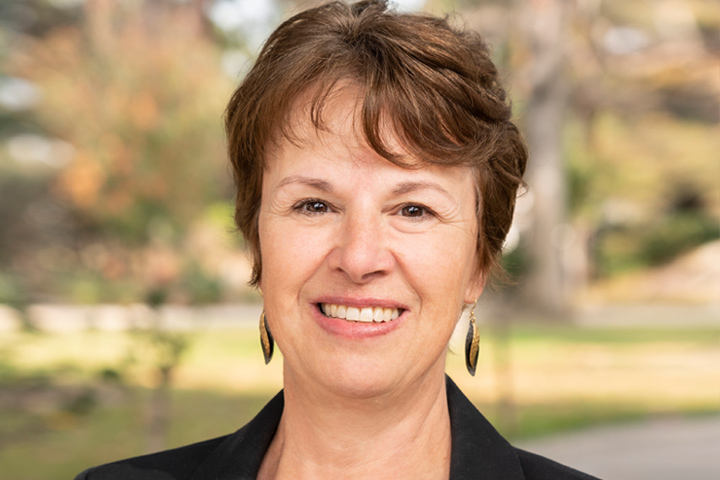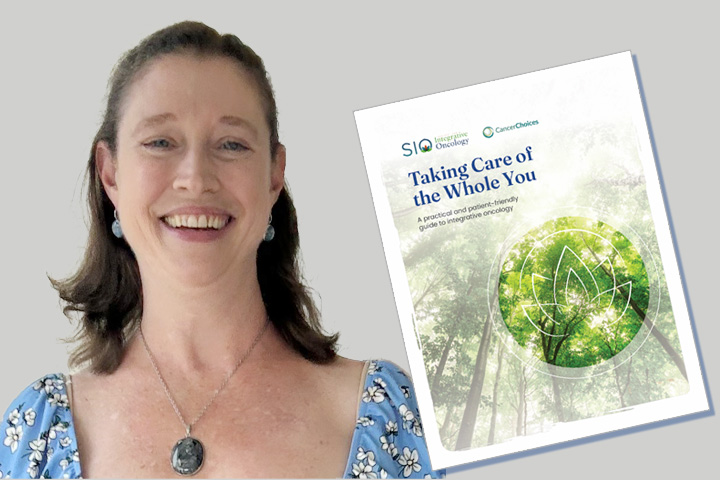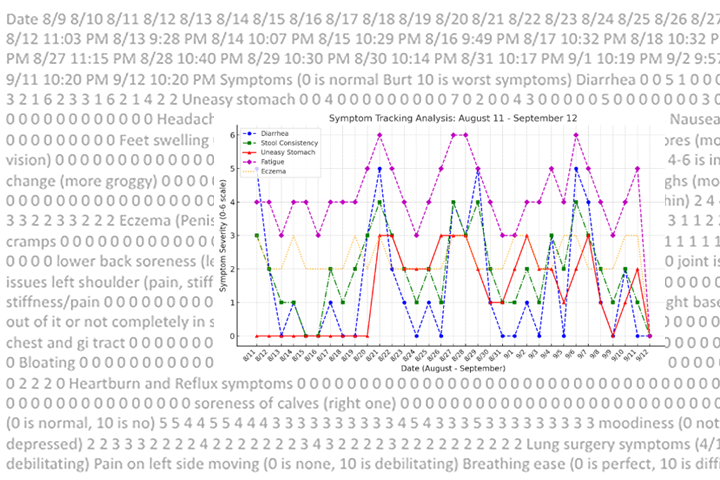Be Prepared: Putting Together an Emergency Preparedness Kit

As we have been shown time and again, we all need to be prepared for emergencies, whether a global pandemic like COVID-19 or a Category 4 hurricane; this is especially true for pancreatic cancer patients.
Whether you’re on active treatment or just have a weakened immune system, you’re at higher risk of suffering from complications during a health-related crisis such as the COVID pandemic or a weather-related emergency such as a flood, wildfire, or hurricane.
A Dozen Must-Have Items for your Emergency Stash
When you want to make sure you’re prepared for anything, an emergency preparedness kit can be life-saving. The key is to plan ahead so you can be in control of the situation when/if it arises.
Here are a dozen must-have items for a well thought-out kit:
1. Printed-out treatment plan: Print out a copy of your treatment plan, including your exact diagnosis, cancer stage, and a complete list of your medications, and keep it updated. “If you are receiving chemotherapy, note where you are in your treatment cycle, and if you have a central line, make sure to note the name and when it was put in,” says Anne Ireland, M.S.N., R.N., A.O.C.N., C.E.N.P., Executive Director of Nursing for City of Hope‘s 30 community practice locations in Southern California. Participating in a clinical trial? Be sure to include the National Clinical Trial (NCT) number, the name of the principal investigator, names and numbers of any facilities where you receive treatment, and the exact names of drugs and treatments you’re receiving.
2. Water: Whether it’s a crisis situation or not, having plenty of water on hand is critical for pancreatic cancer patients. “Hydration not only helps the body flush out the toxins from treatment and minimize side effects, but it also helps improve circulation,” Ireland says.
3. First aid kit: Make a kit with necessary first aid items, such as dressings, antiseptic spray, rubbing alcohol, antibiotic cream or ointment, medications, and a thermometer. Stash all of these items in a plastic pouch or reusable, resealable storage bag to keep them safe and dry.
4. Nonperishable food items: If you have pancreatic cancer, it’s important to ensure you’re getting adequate nourishment. Protein-rich drinks, such as Carnation Instant Breakfast, Ensure, and Boost, are good staples to have in your kit, as well as favorite canned goods, such as fruits, vegetables, beans, lentils, pasta, and rice.
5. One month’s worth of medication: Oncologists recommend having at least a one-month supply of necessary medication, especially with recent weather events or a pandemic like COVID-19.
6. Supportive care for side effects: Make sure you have a decent supply of items that can help you weather the side effects of treatment. If your doctor has prescribed digestive enzymes or medication for nausea or vomiting, make sure you have those medications in your kit. Load up on hard candies, especially the ginger variety, to help soothe a dry or sore mouth and quiet a queasy stomach.
7. Cold and flu medications: Keep a stash of cold and flu medications on hand, including things like ibuprofen, acetaminophen, throat lozenges, and supportive treatments, such as honey, tea, and supplements.
8. Masks and gloves: Many viruses, including COVID, are highly transmissible through air. In an emergency you may have to shelter in a location with a large group of people. If you have a weakened immune system from treatment you may want to wear a surgical mask or the more protective N95 mask. Masks can also filter smoke particles if your region is receiving wildfire smoke.
Wearing disposable gloves when you go to the grocery store, bank, or gas station, places a barrier between you and any viral-containing droplets.
9. A list of important phone numbers: Make sure you have a list of important phone numbers, including your healthcare provider, pharmacy, and insurance company. In fact, keep a copy of your insurance card in the kit. Unfortunately, a note in your smartphone doesn’t qualify. Cell phones may not work and batteries can drain, so make sure you have information printed out or in writing.
10. Sanitizing wipes and hand sanitizer: When you don’t have immediate access to soap and water, hand sanitizer and sanitizing wipes can offer a reasonable defense against germs and illness.
11. Feel-good items: When a crisis hits, it’s important to have feel-good items handy, things like a special picture, stuffed animal, or cozy blanket. Whatever makes you feel cared for and comfortable should be stashed in your preparedness kit. You can even print out a poem or a list of affirmations. The key: Select things that help you remain calm in the midst of chaos.
12. Good walking shoes: A pair of walking shoes are important whether you’re navigating a natural disaster or a global pandemic. Ireland notes that “Getting outdoors is good for physical and emotional wellbeing. A pandemic like COVID-19 isolates people, so it’s especially important to get some fresh air and some exercise.”
Staying Safe and Sane During Times of Crisis
If you’re a cancer patient, natural disasters, pandemics, and other crises can wreak havoc on your health and wellbeing, especially if you’re displaced or unable to follow your usual routines. Your best defense is to make a plan to stay connected—to your medical providers and support network.
Ireland says, “Finding ways to stay connected, even virtually, can be really important during times of crisis and uncertainty.”
Whatever your plan, make sure you’ve discussed it with family and friends, and include information about how and when you intend to check in on each other. Some thoughtful preplanning can make a world of difference in terms of staying safe and sane during a crisis. You may never need to use your emergency preparedness kit, but it’s better to have and not need than to need and not have.






